How can gender equality be achieved in Blue Economy Entrepreneurship?
Edited on
02 February 2022one of the key questions raised at the 2nd Transnational Meeting of BluAct 2nd Wave network which is funded by the URBACT III Programme and was organised by the Municipality of Piraeus and took place on 26 and 27 of January 2022.
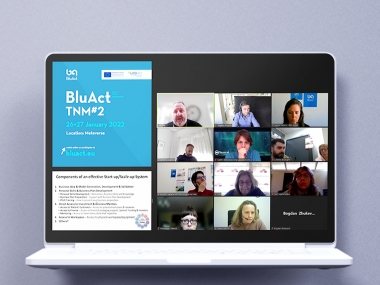
“How can gender equality be achieved in Blue Economy Entrepreneurship?” was one of the key questions raised at the 2nd Transnational Meeting of BluAct 2nd Wave network which is funded by the URBACT III Programme and was organised by the Municipality of Piraeus and took place on 26 and 27 of January 2022.
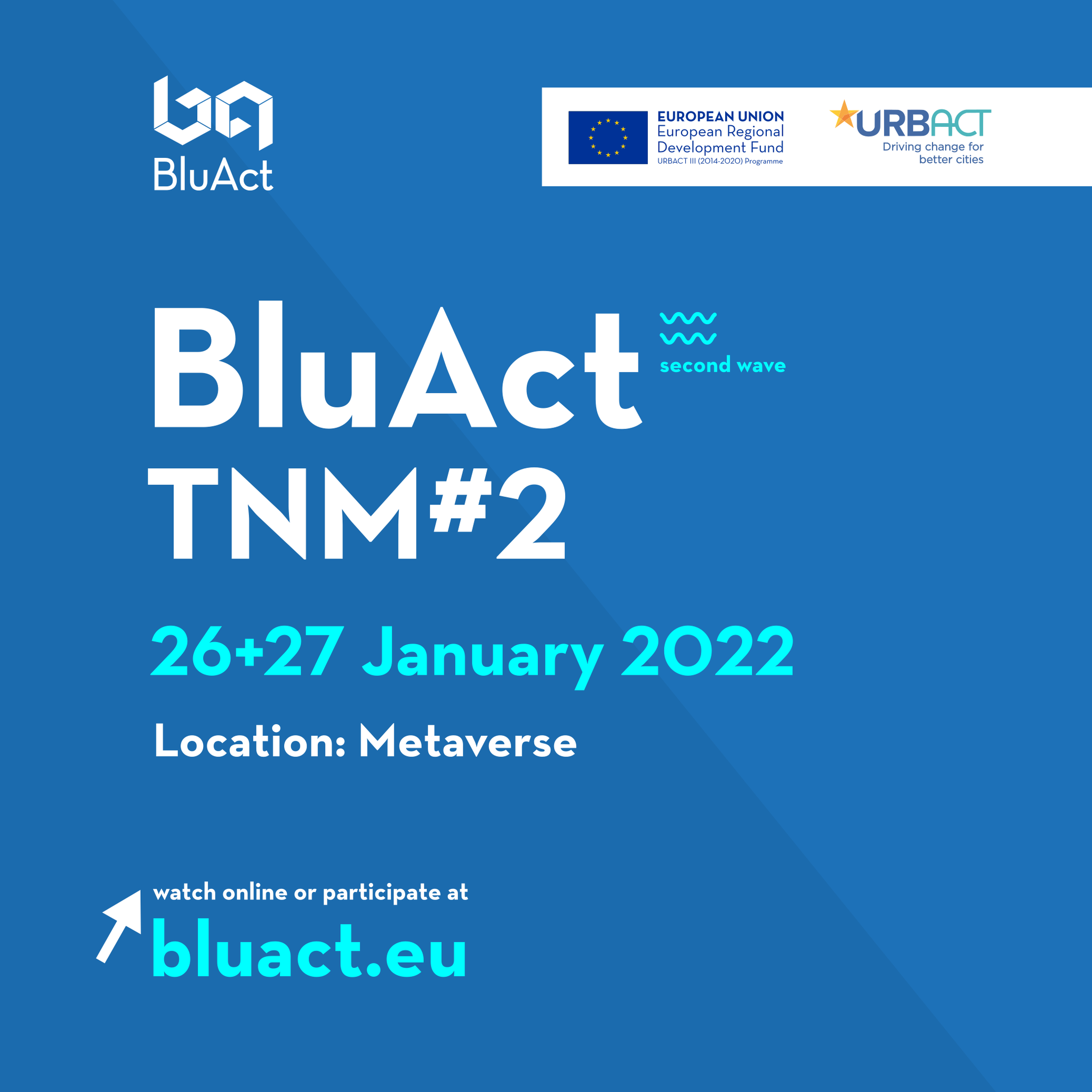
A first approach on a new topic, regarding how can gender equality can be achieved, was made at the workshop of the very interesting online conversation on the network's scope, insightful presentations from the experts, interactive online workshops and a metaverse-style lounge room!
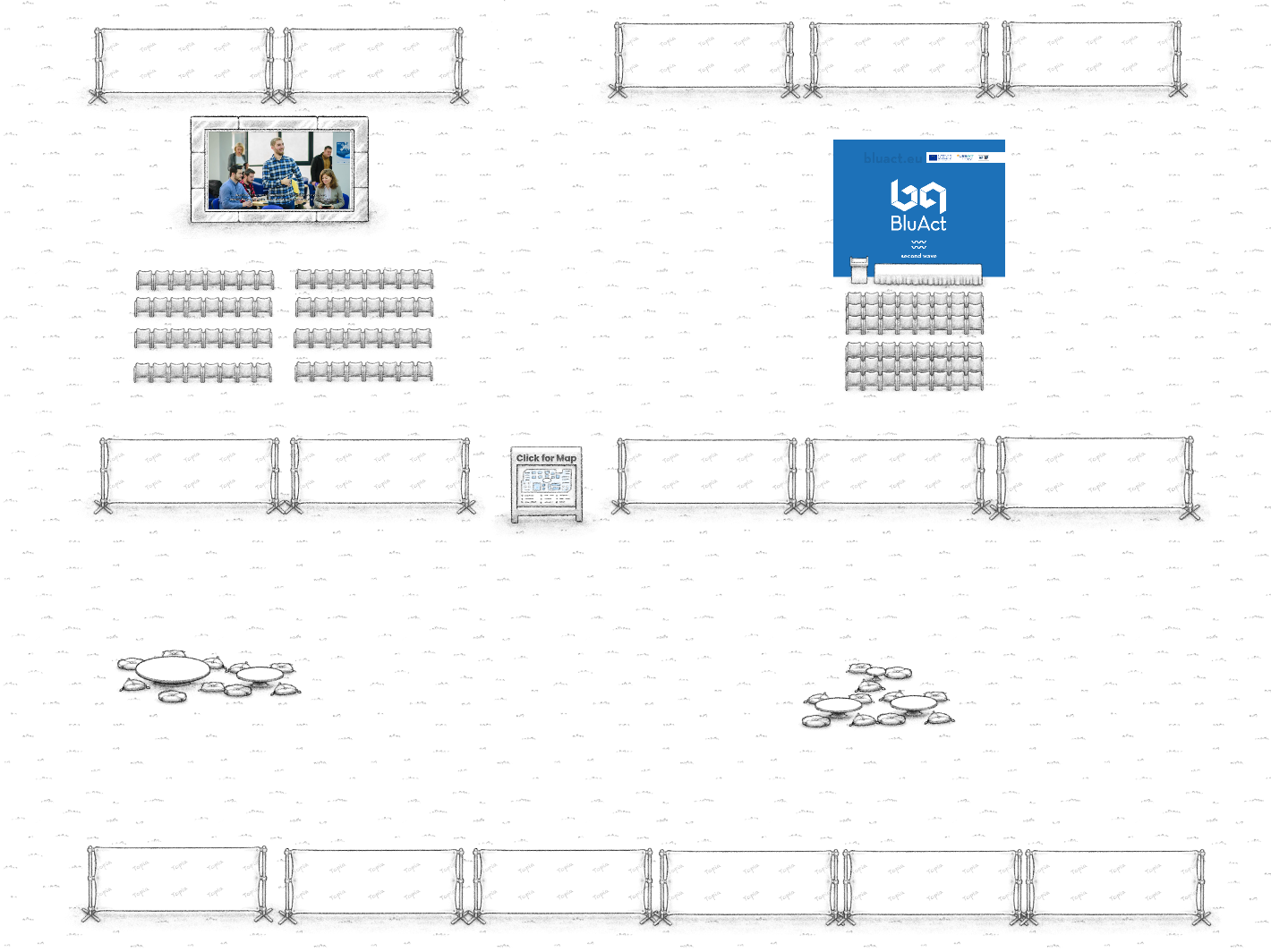
Highlights:
An update on the progress of the Blue Economy competitions and the works of the network in 4 cities: Piraeus (Greece), Boulogne sur mer (France), Gdansk (Poland) and Koper (Slovenia).
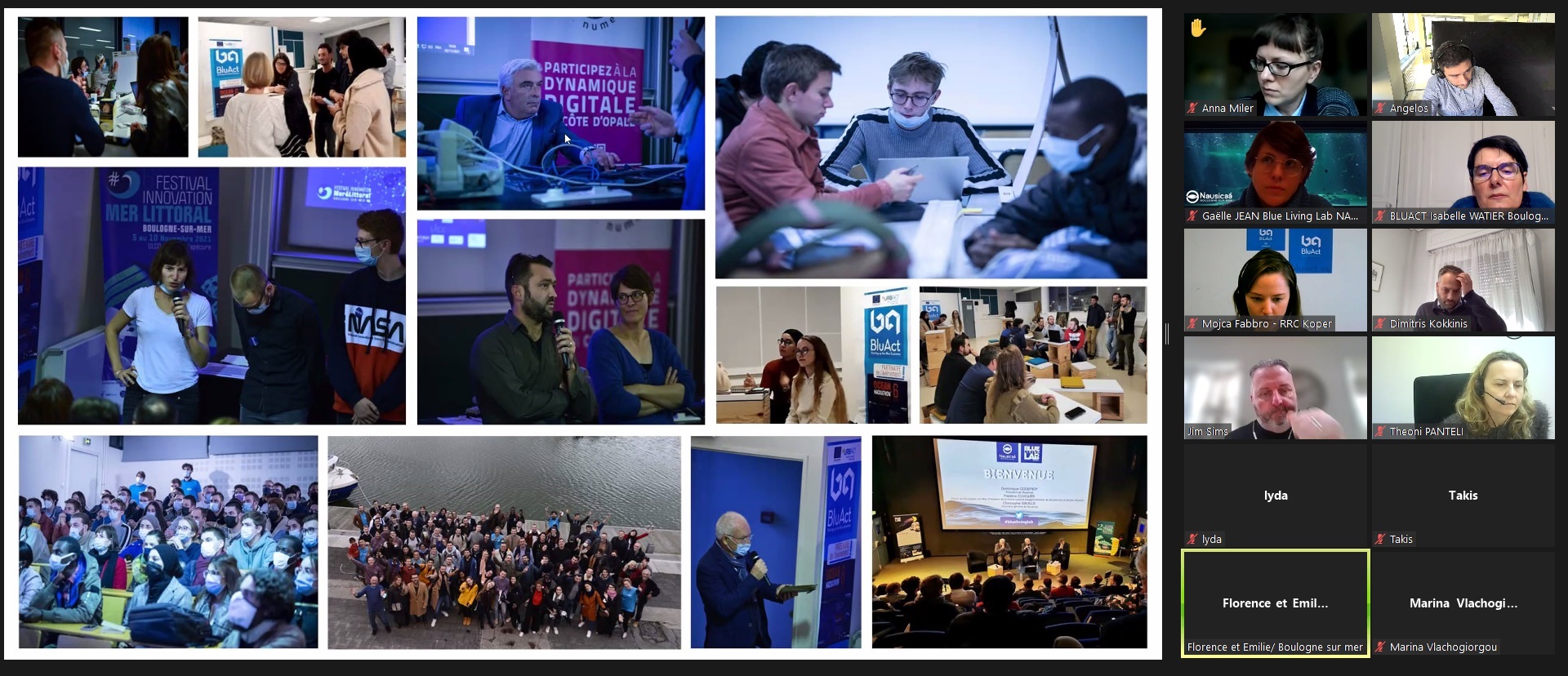
Eleni Hatziyanni, from the DG MARE of the European Commission, presented about "Blue Entrepreneurship Policies of the European Commission: Towards a Sustainable Blue Economy".
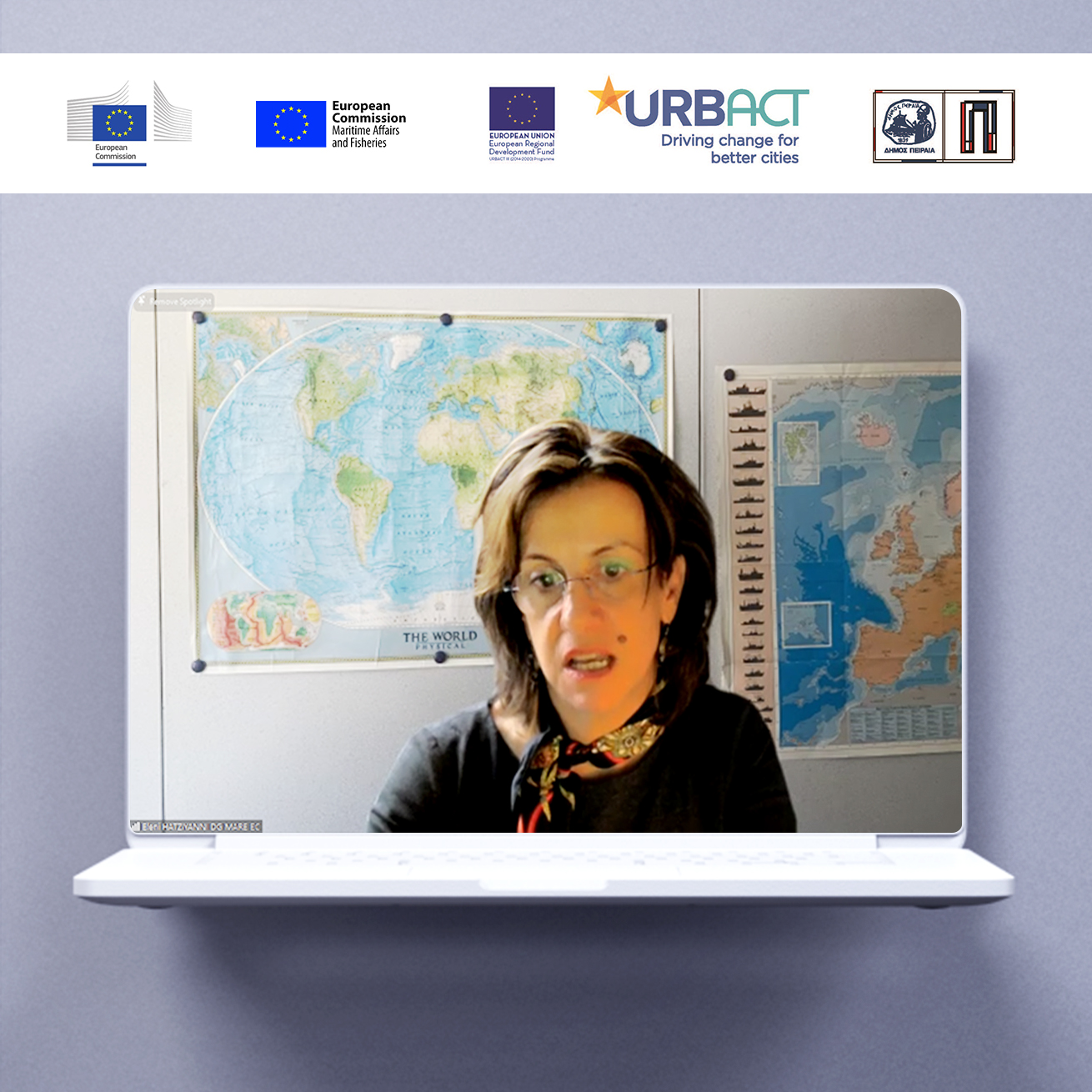
Workshop: "Increasing gender equality in the delivery of BlueGrowth competitions!" with a wide and active participation of more than 30 people from the 3 cities, other URBACT networks (such as Tech Revolution) and the Piraeus ULG community.
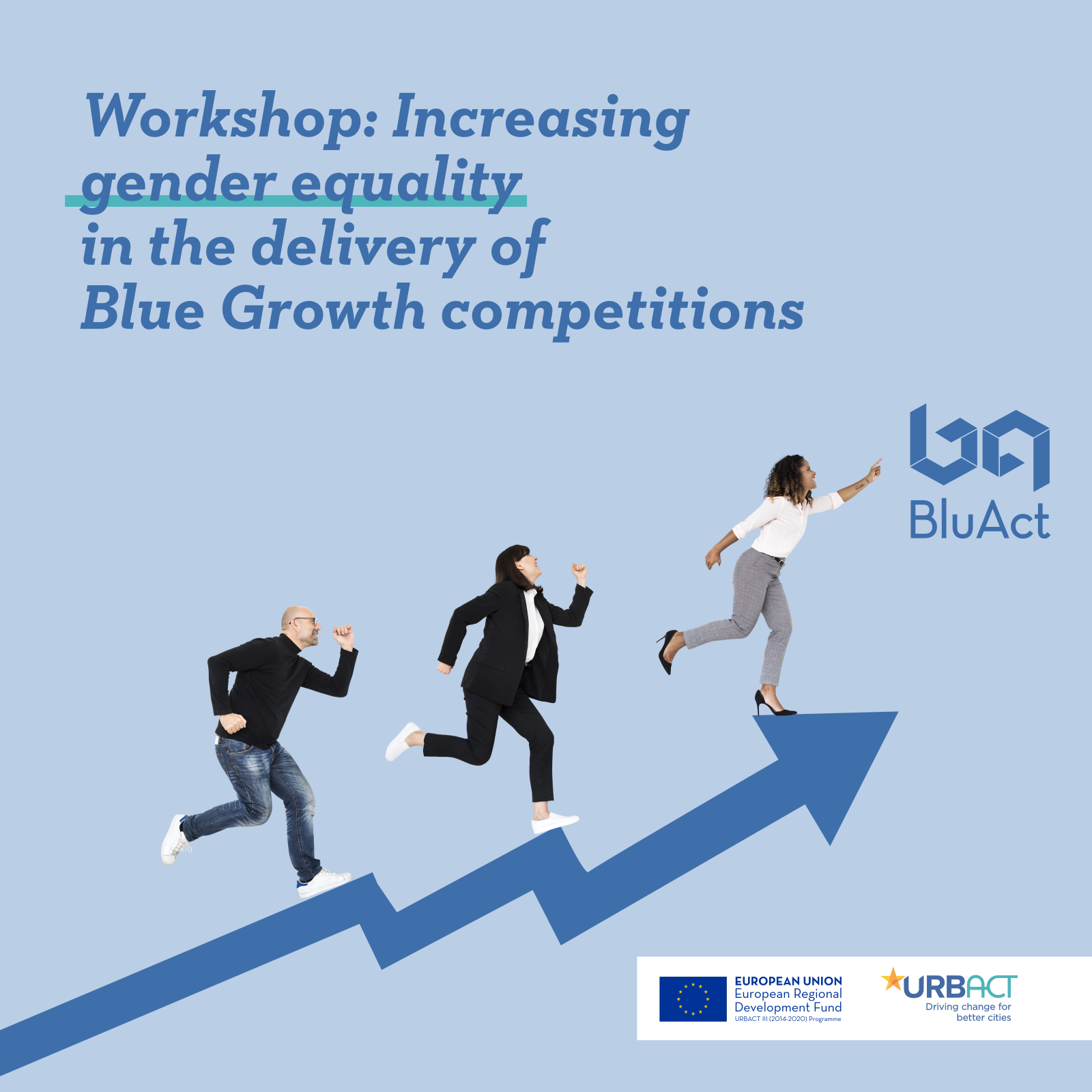
You can watch the full recordings of the event at:
The project is funded by the EU's URBACT III program, which helps cities develop sustainable, pragmatic solutions by integrating economic, social and environmental urban themes. BluAct 2nd wave network is following the success of the first generation of the BluAct Transfer Network - in which 6 European cities were supported to transfer a Good Practice in Blue Growth Entrepreneurship from the city of Piraeus between 2018 and 2020 - a further 3 cities have now also been given the opportunity to learn from the Piraeus Good Practice
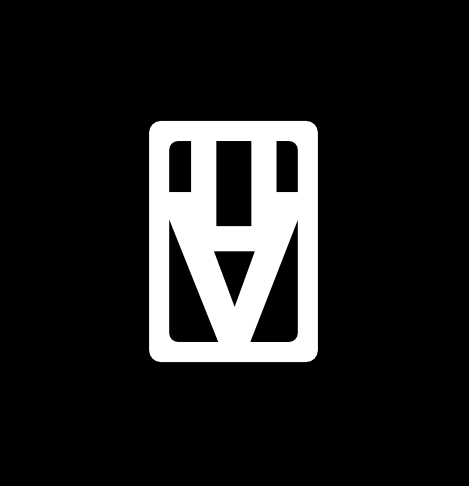 Submitted by Angelos Ploumis on
Submitted by Angelos Ploumis on
